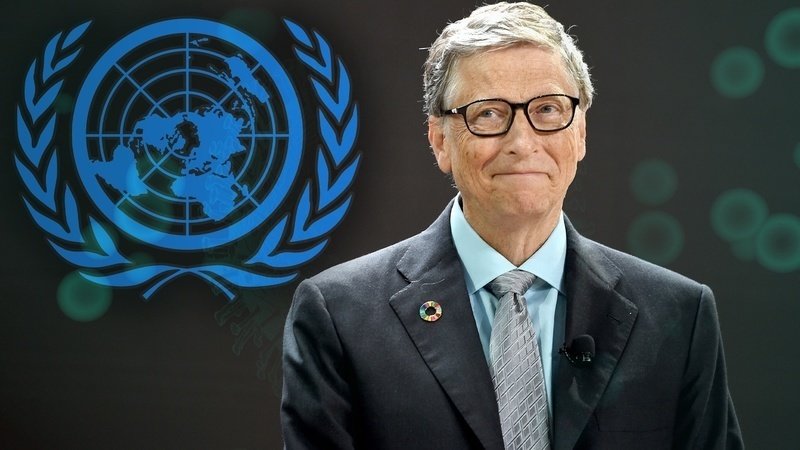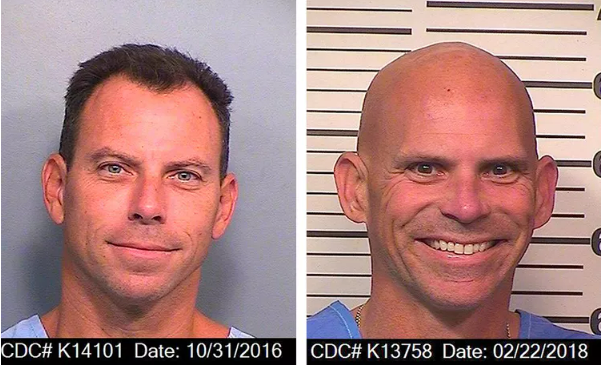Gates Foundation’s ID2020 digital identification project comes under criticism as a way to track citizens’ every move
In this modern world, many people fear the digital era and what it means in terms of their personal privacy. Because of iPhones and social media, people are constantly questioning who is watching them. Now, with coronavirus and the government’s attempts at tracking the spread of the virus, it seems that people’s worst fears may be coming to pass. A non-profit, nongovernmental organization, ID2020, is advocating for digital identification, but people are confused as to what exactly that means.
The main funder of ID2020, and the largest advocate for the digital identification project is the Bill and Melinda Gates Foundation, and their main objective is to provide health equality for those who are in poverty or disproportionately affected because of factors such as race or ethnicity.
The project’s aim is to develop a cloud-based storage of medical or personal information of identification documents, such as a driver’s license or passport, and these documents would be locked and could only be accessed by the owner. The whole idea of storing one’s life in a mysterious digital space is quite terrifying to some people because it begs the question, where would the information be stored? Immediately, minds go to an implantable microchip or public facial recognition, but both Gates and ID2020 are ardently against these extreme and invasive measures. While they have not found an acceptable way to implement their idea, they have come up with testable devices to start their program.
The most developed form of digital identification that the organization has come up with is quantum dot tattoos. These “tattoos” would be a dissolvable microneedle that would put a dye into your body, and light up when exposed to infrared light. Any health information could be determined with the dye through cell phones.
This approach is Gates’ main focus because he is one of the world’s strongest advocates in for vaccinations, and the dye could act as a vaccination as well as a health-tracking device. Gates has also invested millions of dollars in COVID-19 vaccination research, and with the help of ID2020 and the quantum dot tattoos he could provide what he calls “immunity certificates” as a means of determining who was vaccinated or has recovered from coronavirus.
The research, of course, turned into a conspiracy theorist playground, and people who are anti-vaccination, or do not understand the project as a whole, began to raise concerns on the internet about what Gates’ true intentions were with the project. In March of 2020, Gates had an open Q&A on Reddit, a popular internet discussion forum, titled “Ask Me Anything,” and people twisted and construed his words about his connections to ID2020 and made false claims that he was in support of implantable microchips. These rumors, however, did not die, but were fueled when Gates, within the next month, praised South Korea and their handling of COVID-19 tracking.
“South Korea was effective in tracing people… who tested positive for COVID-19,” Gates said. “Nearly all South Korean citizens have smartphones and use credit cards… the government can trace where they have been, at what time, and what mode of transportation they used… the government can trace the potentially infected population, using CCTV footage to identify potential contacts when needed.” This raised alarms for many because South Korea essentially used people’s private information to track their whereabouts. Gates condoning that practice caused many people to question how far Gates is willing to take his digital identity project.
Though ID2020 and Gates have both denied any nefarious activity with their digital project, those detractors can’t help but raise questions about the trustworthiness of the project. Plus, there are still questions that need to be answered, such as how the organization plans to provide these means of identification to those in poverty, since that is who they say it is mainly for. If they did find a way to give people in poverty a digital identity, how would they access it considering that most of the ideas suggested require a phone to view your records. And most importantly, what is stopping someone from twisting the goals of the project and using people’s digital identities as a way to track their every move?











